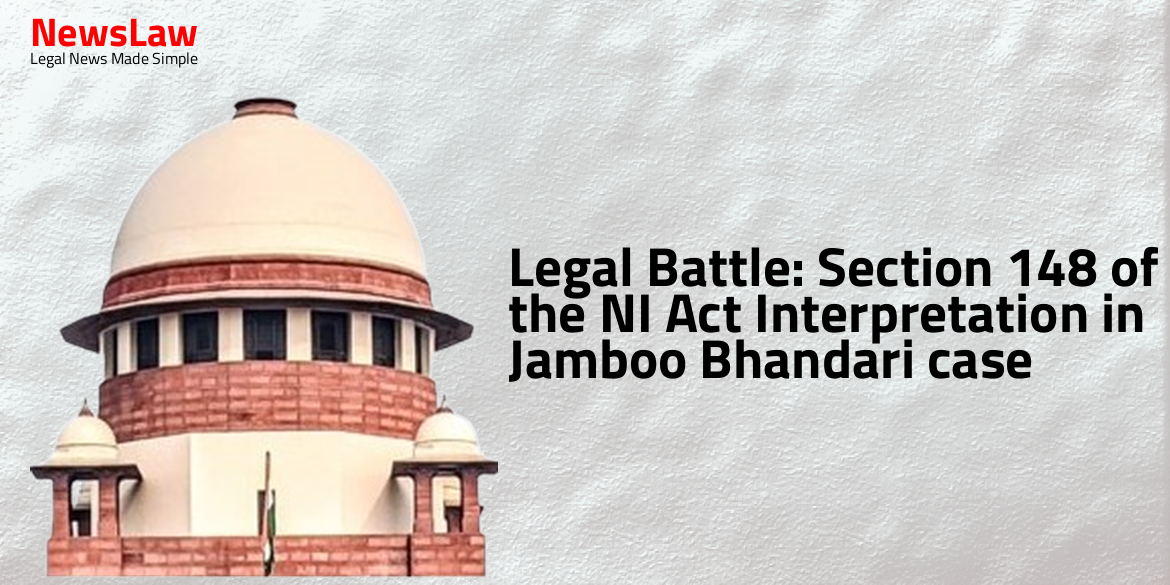In a recent judgement by the Delhi High Court, bail has been granted to the aunt accused of murder in the case involving the tragic death of a 3-year-old child. The accused, who is the sister-in-law of the victim’s mother, has been granted bail considering the gravity of the offense and the need for a prompt trial. The judgement highlights the delicate balance between the accused’s right to a speedy trial and the interests of justice. The decision underscores the importance of special considerations in bail decisions, as seen in the case of the accused aunt.
Facts
- The present application is filed under Section 439 of the Code of Criminal Procedure, 1973 for seeking bail in FIR No 321/2016.
- The complainant alleged that his 3-year-old daughter (victim) went missing after taking money from the applicant’s wife.
- The body of the victim was found in the bed drawer of the complainant’s brother, Aftab Alam, who was the then husband of the applicant.
- The chargesheet was filed against the applicant for the offences under Sections 363/302/201 of the IPC.
- The applicant disclosed that she closed the victim’s mouth and tied it with a dupatta.
- The applicant allegedly threw the victim on her bed after a quarrel at their residence in Mustafabad, Delhi.
- The incident occurred when the victim was sleeping and other family members were out, leading to the alleged murder by the applicant out of anger.
- The motive behind the murder was speculated to be the alleged affair between the victim’s mother (sister-in-law of the applicant) and her husband.
- Interim bail was granted to the applicant which was extended from time to time during the proceedings.
Arguments
- The Additional Public Prosecutor strongly opposed any relief for the applicant.
- He mentioned the non-satisfactory jail conduct of the applicant as per the nominal roll.
- The offences in the case were labeled as heinous in nature.
- Pointed out that the victim was last seen with the applicant.
- Noted that the applicant has already spent over five years in custody and the trial is expected to be lengthy.
- Acknowledged that the applicant was granted interim bail per HPC guidelines and had not misused this liberty.
- Highlighted that only 18 out of 30 witnesses have been examined so far, with formal witnesses pending.
- Alleged that the applicant had broken jail rules and was involved in other offenses, including alleged participation in jail riots.
- Allegations in the present case are grave and heinous involving the killing of a 3-year-old victim.
- The applicant, who is the victim’s aunt, is accused of the crime due to suspicion regarding her husband’s alleged extramarital affair.
- Case is primarily based on the applicant’s alleged extra-judicial confession.
Analysis
- At this stage, there is no direct evidence against the applicant.
- The applicant has been implicated based on circumstantial evidence.
- Allegations are made by family members of the victim and the applicant’s ex-husband.
- The chain of circumstances in circumstantial evidence must leave no other reasonable conclusion.
- Extra judicial confessions are weak evidence and require caution.
- Only 18 out of 30 witnesses have been examined so far in the trial.
- An extra judicial confession must inspire confidence or be fully corroborated.
- The applicant used to stay in the same house as the victim.
- Once it is evident that a prompt trial is unfeasible and the accused has been in custody for a considerable duration, courts are generally obliged to grant bail.
- The primary consideration in such cases should be the gravity of the offense and the likelihood of the accused tampering with evidence or influencing witnesses.
- The court must balance the accused’s right to speedy trial and the interest of justice in granting bail under such circumstances.
- The applicant, a woman, is entitled to special consideration under the proviso to Section 437(1) of the CrPC.
- The applicant’s child is now in custody of her ex-husband, who divorced her during the case.
- This situation adds weight to the need for special consideration in bail decision for the applicant.
Decision
- Observations made are only for considering the bail application, not an opinion on the merits of the case.
- Bail application allowed with specified conditions.
- State can seek redressal if any FIR/complaint lodged against the applicant.
- Applicant directed to be released on bail upon furnishing a bail bond.
- Conditions include providing a residence address, appearing in court when directed, not leaving the country without permission, and keeping the mobile phone on and sharing the number with IO/SHO.
Case Title: ROSHAN Vs. THE STATE (GOVT OF NCT OF DELHI) (2024:DHC:4083)
Case Number: BAIL APPLN.-2478/2023



